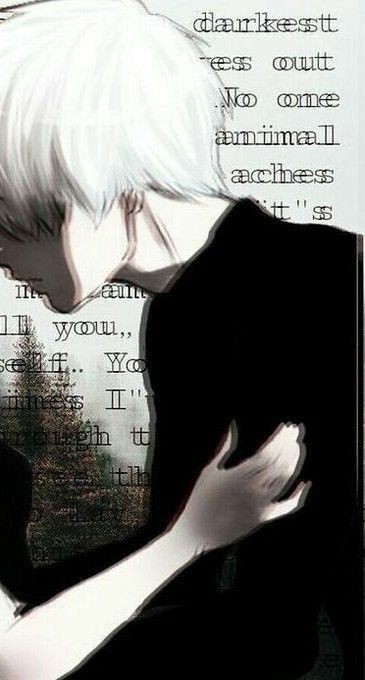A woman too
Your name is going to be written down in history.
With your sweet, twisted truths.
You are the diamond found in the deepest mine,
The pearl shining in the ocean blue.
Your sassiness lifts me up.
Your eyes shine brighter than the dunes.
With your enchanting and dreamy aura,
You set fire to every room.
Just like moons and stars,
The water crashes in tides.
You are everyone’s hope,
You’re the pillar that helps me rise.
Even when you’re broken,
Head bowing down with teary eyes.
Your back straightens up,
Enraged by everyone’s soulful cries.
You’re beauty defies laws of nature,
You’re like an open canvas.
Because you’ve got no set colors to you,
You paint into a flower’s bloom.
You break through your words,
You cut through your eyes.
You ignite fires through your arms,
Bring rains through your smile.
You can stop one’s heart from breaking,
Even though you have your own pain.
You can ease someone’s hurt with your touch,
And you don’t love in vain.
You can stop a heart from beating,
You’re more than just a human.
Resilience, passion, empathy? That’s just the start of you,
The world will know the rest soon
Because not just a goddess, A woman you are too.


“A woman too”, is a captivating poem that masterfully weaves metaphors to capture the majesty and tribulations of womanhood. The poem consists of eight paragraphs, with all except the eight being four lines long. The last paragraph is five lines that subvert the established form of the poem, but it serves a key role in making the poem, on the whole, more impactful.
The poet addresses the poem in the second person, the use of “you” is indicative of this. This “you”, is likely not any one person. The framing of this poem in the second person is for the audience, the poem is addressed to the readers and in particular to the women in the audience. This makes perfect sense when we consider that the poem presents the tribulations and adulations of being a woman. This duality is enforced throughout the poem.
The opening line immediately hooks the reader because it is a grand sentiment, and then transitions to using metaphors and similes to explain the various facets of being a woman. “You are the diamond found in the deepest mine”, encapsulates the beauty and uniqueness of each woman, and “You’re like an open canvas” clearly demonstrates the boundless potential they possess. Each stanza is bejeweled with such metaphors.
Alliteration is also used wonderfully with the phrase “twisted truths”, which creatively conveys significant depth. Twisting refers to malformed or distorting something, in this case, the truth which would indicate the harsh realities of being a woman and the challenges faced by them on a daily basis. All of it is conveyed in just two words.
Lastly, the poetic device used in this poem that once again makes it more grandiose is hyperbole. The sixth stanza sees exemplary use of this; “Bring rains through your smile” is the example that stands out. It shows the positive and living side of motherhood and brings in the affiliation to nature that women have had since antiquity. Most nature goddesses in many mythologies and after all, females.
All of these poetic devices give the poem immense depth. Resilience, passion, and empathy the traits that the poet mentions in the last paragraph are the ones that have been delved into by previous stanzas. Stanzas three to six show these traits very clearly, ad demonstrate the myriad contradictions associated with them.
A woman can heal a broken heart and at the same time stop one from beating. They can bring the rain with a smile but cut through just their gaze. Such is the greatness of the woman. In fact, this very greatness elevates a woman beyond godhood.
The last stanza brings the title full circle with the line, “Because not just a goddess, A woman you are too.” This single line pays off the grandiose set-up of the poem and justifies the significance of being a woman. Usually, a goddess is a term of reverence, of being more than human. But the poet states that being a woman, just an ordinary woman is even greater than being a goddess, and this is done using the word “just.” The word “just” firmly makes being a woman, as being superior to being a goddess.
The has an underlying current of upliftment that is very clearly seeping throughout each of its lines. This poem will bring joy and bring forth the fascination of anyone that reads it. So anyone, especially any woman, who will read this will be delighted.